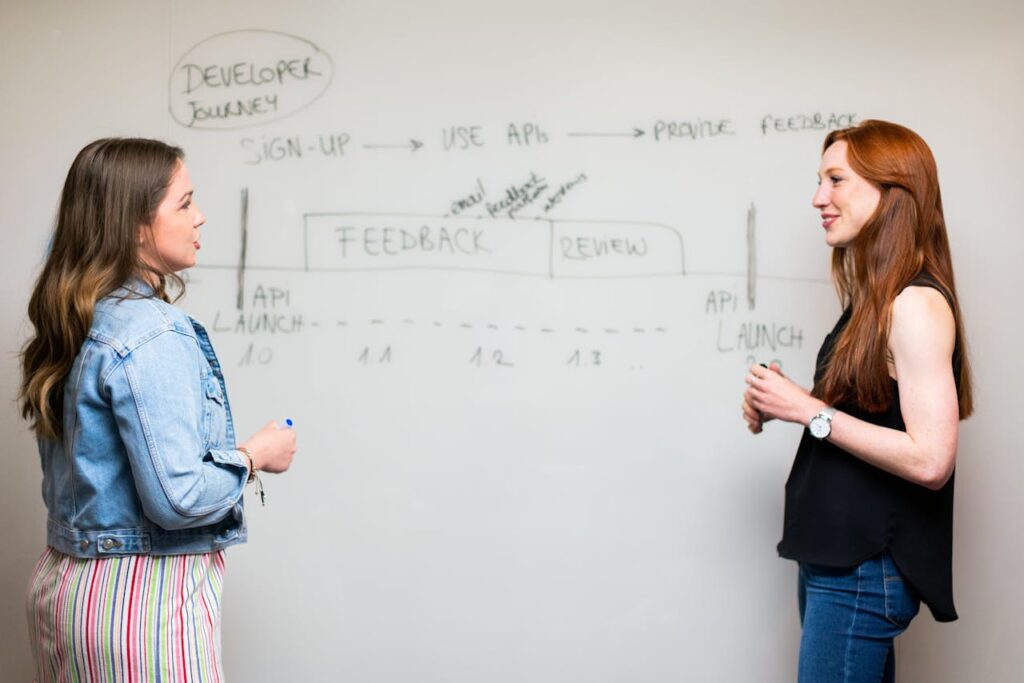Table of Contents
Introduction
Search Engine Optimization (SEO) is a vital component of digital marketing, helping businesses improve their online visibility and drive organic traffic. Search engine optimization questions are common, as SEO can seem complex, especially with the frequent changes in search engine algorithms. By addressing the most common questions, this guide provides clarity and actionable insights for learners at all levels.
What is Search Engine Optimization (SEO)?
Entity: SEO
Attribute: Definition
Value: The process of optimizing a website to rank higher on search engine results pages (SERPs) and attract more organic traffic.
SEO involves multiple strategies, from keyword research to technical optimization, aimed at improving website performance and user experience.

The Most Important Search Engine Optimization Questions
1. What are the Types of SEO?
SEO can be broadly categorized into:
- On-Page SEO: Optimizing website content, keywords, meta tags, and internal links.
- Off-Page SEO: Building backlinks, brand mentions, and external signals.
- Technical SEO: Enhancing website speed, mobile-friendliness, and crawlability.
- Local SEO: Targeting local search terms for regional visibility.
2. How Does Google Rank Websites?
Google uses algorithms like PageRank and E-A-T (Expertise, Authority, Trustworthiness) to rank websites. Key ranking factors include:
- Relevant keywords.
- Quality content.
- Backlinks from authoritative sites.
- Mobile-friendly design.
- Website speed and user experience.

3. What is Keyword Research?
Entity: Keyword Research
Attribute: Purpose
Value: The process of identifying and analyzing search terms that users type into search engines to find information.
Tools for Keyword Research:
- Google Keyword Planner.
- SEMrush.
- Ahrefs.
- Ubersuggest.
4. What is the Difference Between Organic and Paid Search Results?
- Organic Search Results: Appear naturally based on relevance and SEO efforts.
- Paid Search Results: Appear at the top or bottom of SERPs as advertisements, paid for by businesses through platforms like Google Ads.

5. What is a Backlink?
Entity: Backlink
Attribute: Definition
Value: A link from one website to another, acting as a signal of credibility and authority.
Types of Backlinks:
- DoFollow Backlinks: Pass SEO value (link juice) to the target website.
- NoFollow Backlinks: Do not pass SEO value but still drive traffic.
6. What are SEO Metrics and How Do You Measure Them?
SEO metrics are indicators that measure the success of your optimization efforts. Common metrics include:
- Organic Traffic: Monitored via Google Analytics.
- Domain Authority (DA): Evaluated using tools like Moz or Ahrefs.
- Bounce Rate: Percentage of visitors who leave your site without engaging further.
- Keyword Rankings: Tracked through tools like SEMrush or Ahrefs.
7. What is the Role of Content in SEO?
Content is the backbone of SEO, helping search engines understand your website’s purpose. High-quality content:
- Engages users.
- Answers search queries effectively.
- Includes relevant keywords naturally.
- Encourages backlinks and social shares.

8. What is Technical SEO, and Why is It Important?
Entity: Technical SEO
Attribute: Importance
Value: Optimizing the technical aspects of a website to ensure search engines can crawl and index it effectively.
Key Elements of Technical SEO:
- XML Sitemap.
- Robots.txt file.
- HTTPS security.
- Mobile responsiveness.
9. How Long Does SEO Take to Show Results?
SEO is a long-term strategy. Results typically take:
- 3–6 months: For noticeable improvements in rankings and traffic.
- 12 months or more: For highly competitive industries.
10. What are the Most Common SEO Mistakes?
Avoid these pitfalls:
- Overstuffing keywords.
- Ignoring mobile optimization.
- Buying low-quality backlinks.
- Using duplicate content.
FAQs: Search Engine Optimization Questions
Q1: What is the primary goal of SEO?
A: The goal of SEO is to increase a website’s visibility in search engine results, driving more organic traffic.
Q2: Is SEO a one-time process?
A: No, SEO is an ongoing process that requires regular updates and optimizations based on changing algorithms and trends.
Q3: Can I do SEO for my website without professional help?
A: Yes, beginners can start with basic SEO practices like keyword research, content optimization, and using free tools like Google Analytics and Google Search Console.
Q4: Is SEO better than paid advertising?
A: SEO provides long-term, sustainable results, while paid advertising offers immediate visibility. A combination of both works best.
Q5: How do I stay updated with the latest SEO trends?
A: Follow reputable blogs like Moz, Neil Patel, and Google Webmaster Central Blog for the latest updates.

Conclusion
Understanding search engine optimization questions is crucial for anyone looking to improve their website’s visibility and grow their online presence. Whether you’re a beginner or an expert, continuously learning and adapting to SEO changes is the key to success. Start implementing these insights today and watch your website climb the search rankings!
